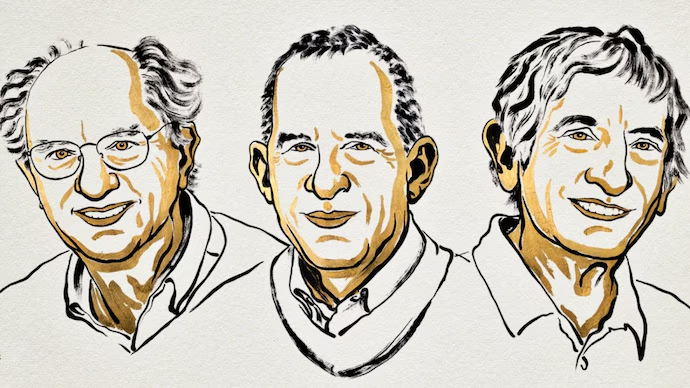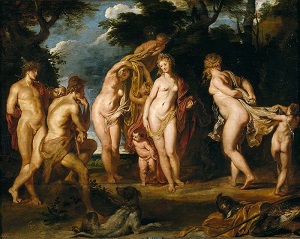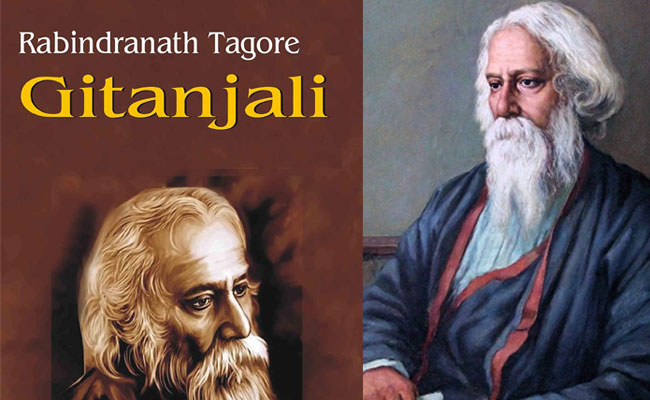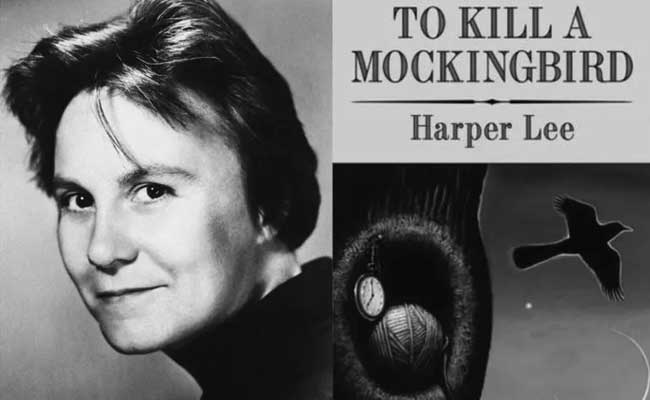Every October, the world watches as the Nobel Prizes are unveiled — honors bestowed for extraordinary contributions in science, literature, peace, and economics. In 2025, the announcements (scheduled between 6–13 October) brought forward a remarkable set of laureates whose work spans quantum mechanics, immune system regulation, democratic activism, and the mechanics of economic growth.
Medicine: Guarding Against Self-Destruction
On October 6, the 2025 Nobel Prize in Physiology or Medicine was awarded to Mary E. Brunkow, Fred Ramsdell, and Shimon Sakaguchi for their groundbreaking discoveries on peripheral immune tolerance. Their work explains how the body prevents its own immune system from attacking healthy tissues — a critical insight underlying autoimmune disease, organ transplantation, and cancer therapies.
Sakaguchi, in the mid-1990s, first revealed that tolerance mechanisms exist beyond the thymus (central tolerance). Brunkow and Ramsdell later elucidated how the FOXP3 gene plays a key role in regulating “regulatory T cells” (T-regs) to maintain immune balance.
Physics: Quantum Laws, On a Chip
The 2025 Nobel Prize in Physics, announced October 7, went to Michel H. Devoret, John Clarke, and John M. Martinis. They were recognized for experiments demonstrating macroscopic quantum tunneling and energy quantization in superconducting circuits — essentially bringing quantum mechanics into circuits and chips.
Their contributions are foundational to modern efforts in quantum computing, where circuits must exhibit coherent quantum behavior while maintaining stability and control.
Chemistry: Building Frameworks for the Future
On October 8, the Chemistry Nobel honored Omar M. Yaghi, Richard Robson, and Susumu Kitagawa for their development of metal-organic frameworks (MOFs). These are porous crystalline structures that can selectively trap gases, catalyze reactions, or store energy — with far-reaching applications in clean energy, carbon capture, and materials science.
The ability to tailor MOFs at the molecular level opens doors to new materials and sustainable technologies.
Literature: The Power of Visionary Prose
The Literature Prize, unveiled October 9, went to László Krasznahorkai, a Hungarian novelist whose dense, prophetic works capture the tension of modern life. The Swedish Academy cited his “compelling and visionary oeuvre that, in the midst of apocalyptic terror, reaffirms the power of art.”
Krasznahorkai is the second Hungarian writer to receive the Nobel for Literature (after Imre Kertész in 2002).
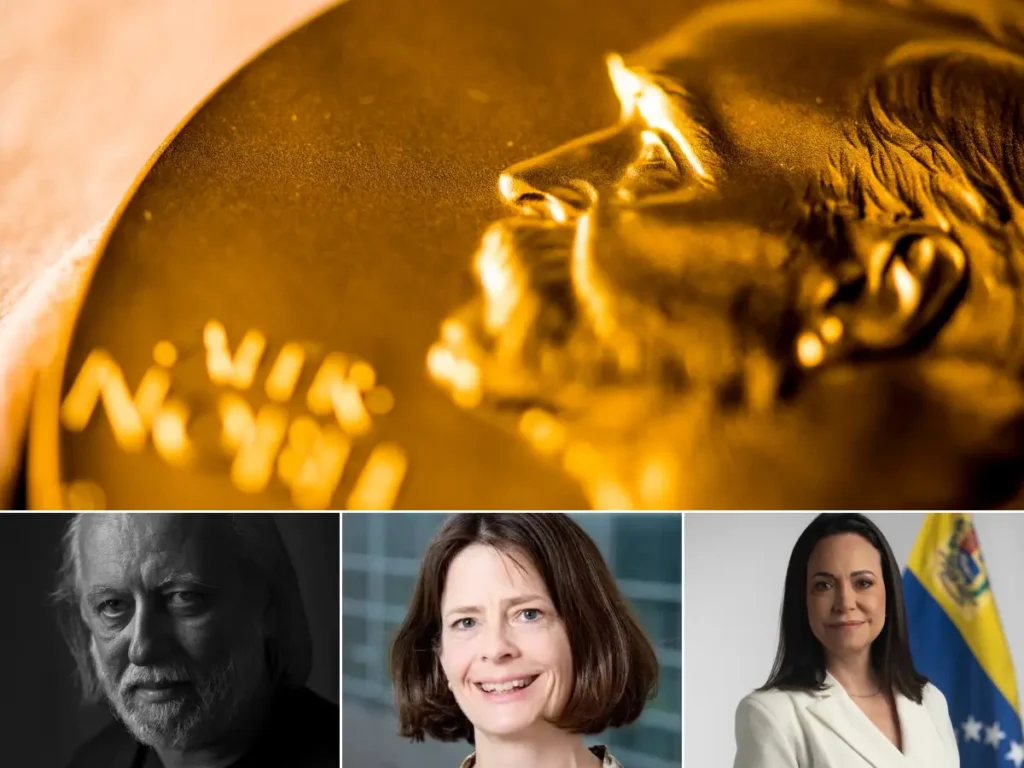
Peace: Democracy in the Crosshairs
On October 10, the 2025 Nobel Peace Prize was awarded to María Corina Machado, a Venezuelan opposition leader, “for her tireless work promoting democratic rights” and pushing for a peaceful transition from dictatorship to democracy in her country.
At the time of her award announcement, Machado was in hiding in Venezuela due to political persecution.
Her win underscores the tension and stakes of democracy struggles in authoritarian environments.
Economics: Innovation, Disruption, and Growth
On October 13, the Nobel Memorial Prize in Economic Sciences (commonly called the Nobel Economics) went to Joel Mokyr, Philippe Aghion, and Peter Howitt. Their collective work investigates how innovation and “creative destruction” — the process by which new technologies displace old ones — fuel long-term economic growth.
The committee stressed that in human history, stagnation has often been the norm — sustainable growth requires continuous renewal of economic structures and institutions.
Reflections on 2025: A Year of Science and Struggle
The 2025 Nobel Prizes collectively reflect two major themes:
- Pushing frontiers of knowledge — whether in quantum circuits, immune regulation, or molecular architecture — that lay groundwork for future technologies.
- High-stakes social and political struggles — particularly for democracy, human rights, and economic renewal amid global uncertainty.
These laureates remind us that progress is neither straightforward nor guaranteed. The boundary between science and society is porous — breakthroughs in labs can reshape health and industry, while courage and creativity in human affairs can reshape the future of nations.
The Adventures of Tintin: A Timeless Comic Series
Sherlock Holmes by Sir Arthur Conan Doyle
![]()

